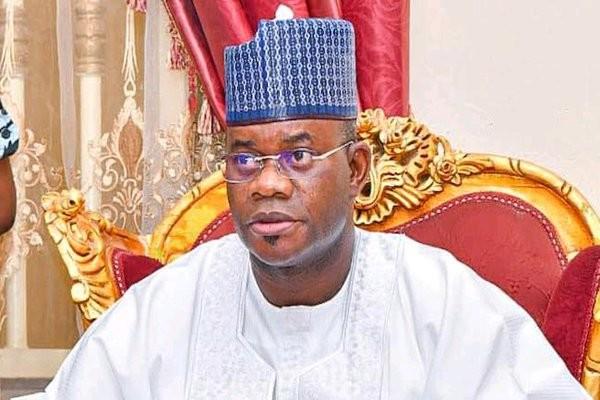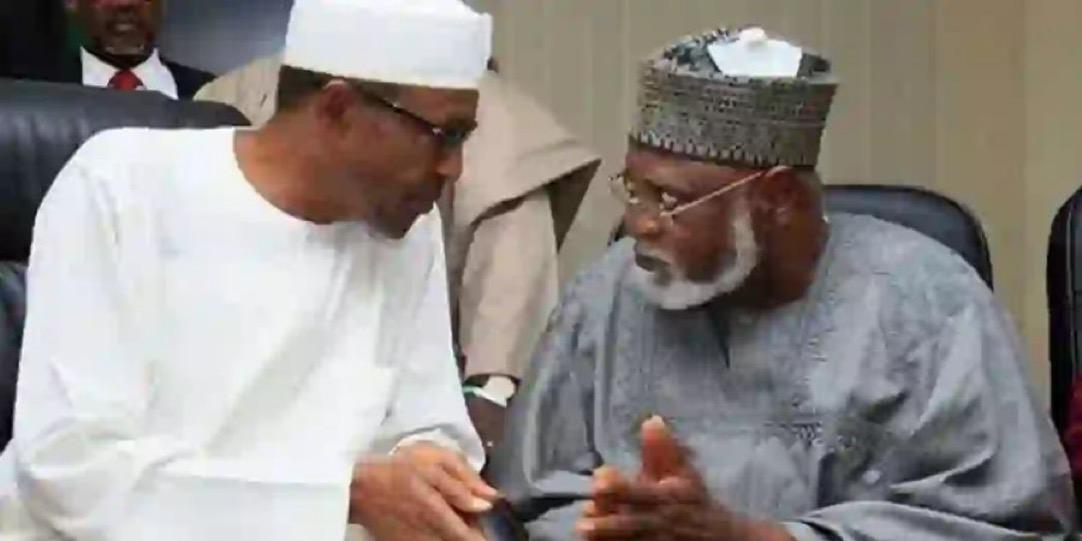Transactions in Kogi govt’s accounts violated no regulations Witness in Yahaya Bello’s trial.
A prosecution witness in the ongoing trial of ex-governor of Kogi State, Yahaya Bello, and two others has claimed that the transactions carried out in accounts belonging to the state government violated no known banking regulations.
The witness, Mrs. Abimbola Williams, who is a Compliance Officer with the United Bank for Africa (UBA), featured as the third prosecution witness.
Bello is being prosecuted before the High Court of the Federal Capital Territory (FCT) by the Economic and Financial Crimes Commission (EFCC).
He is being prosecuted with Umar Oricha (Director General, Kogi State Government House) and Abdulsalami Hudu (an Accountant with the state government).
The EFCC is, in the 16-count charge, alleging criminal breach of trust to the tune of N110.4 billion.
Under cross-examination by the lawyer to Bello, Joseph Daudu, Williams said she was not the relationship or account manager of the Kogi Government House account.
She added that the account is domiciled in Lokoja (the capital of Kogi State), while she works in Abuja.
The witness said the banks do not enquire from customers the purpose for which they were making cash withdrawals, but that such a question could be asked when making transfers, and the relationship with the beneficiary in cases of high-volume transactions.
A prosecution witness in the ongoing trial of ex-governor of Kogi State, Yahaya Bello, and two others has claimed that the transactions carried out in accounts belonging to the state government violated no known banking regulations.
The witness, Mrs. Abimbola Williams, who is a Compliance Officer with the United Bank for Africa (UBA), featured as the third prosecution witness.
Bello is being prosecuted before the High Court of the Federal Capital Territory (FCT) by the Economic and Financial Crimes Commission (EFCC).
He is being prosecuted with Umar Oricha (Director General, Kogi State Government House) and Abdulsalami Hudu (an Accountant with the state government).
The EFCC is, in the 16-count charge, alleging criminal breach of trust to the tune of N110.4 billion.
Under cross-examination by the lawyer to Bello, Joseph Daudu, Williams said she was not the relationship or account manager of the Kogi Government House account.
She added that the account is domiciled in Lokoja (the capital of Kogi State), while she works in Abuja.
The witness said the banks do not enquire from customers the purpose for which they were making cash withdrawals, but that such a question could be asked when making transfers, and the relationship with the beneficiary in cases of high-volume transactions.
Transactions in Kogi govt’s accounts violated no regulations Witness in Yahaya Bello’s trial.
A prosecution witness in the ongoing trial of ex-governor of Kogi State, Yahaya Bello, and two others has claimed that the transactions carried out in accounts belonging to the state government violated no known banking regulations.
The witness, Mrs. Abimbola Williams, who is a Compliance Officer with the United Bank for Africa (UBA), featured as the third prosecution witness.
Bello is being prosecuted before the High Court of the Federal Capital Territory (FCT) by the Economic and Financial Crimes Commission (EFCC).
He is being prosecuted with Umar Oricha (Director General, Kogi State Government House) and Abdulsalami Hudu (an Accountant with the state government).
The EFCC is, in the 16-count charge, alleging criminal breach of trust to the tune of N110.4 billion.
Under cross-examination by the lawyer to Bello, Joseph Daudu, Williams said she was not the relationship or account manager of the Kogi Government House account.
She added that the account is domiciled in Lokoja (the capital of Kogi State), while she works in Abuja.
The witness said the banks do not enquire from customers the purpose for which they were making cash withdrawals, but that such a question could be asked when making transfers, and the relationship with the beneficiary in cases of high-volume transactions.
0 Kommentare
·0 Geteilt
·400 Ansichten








